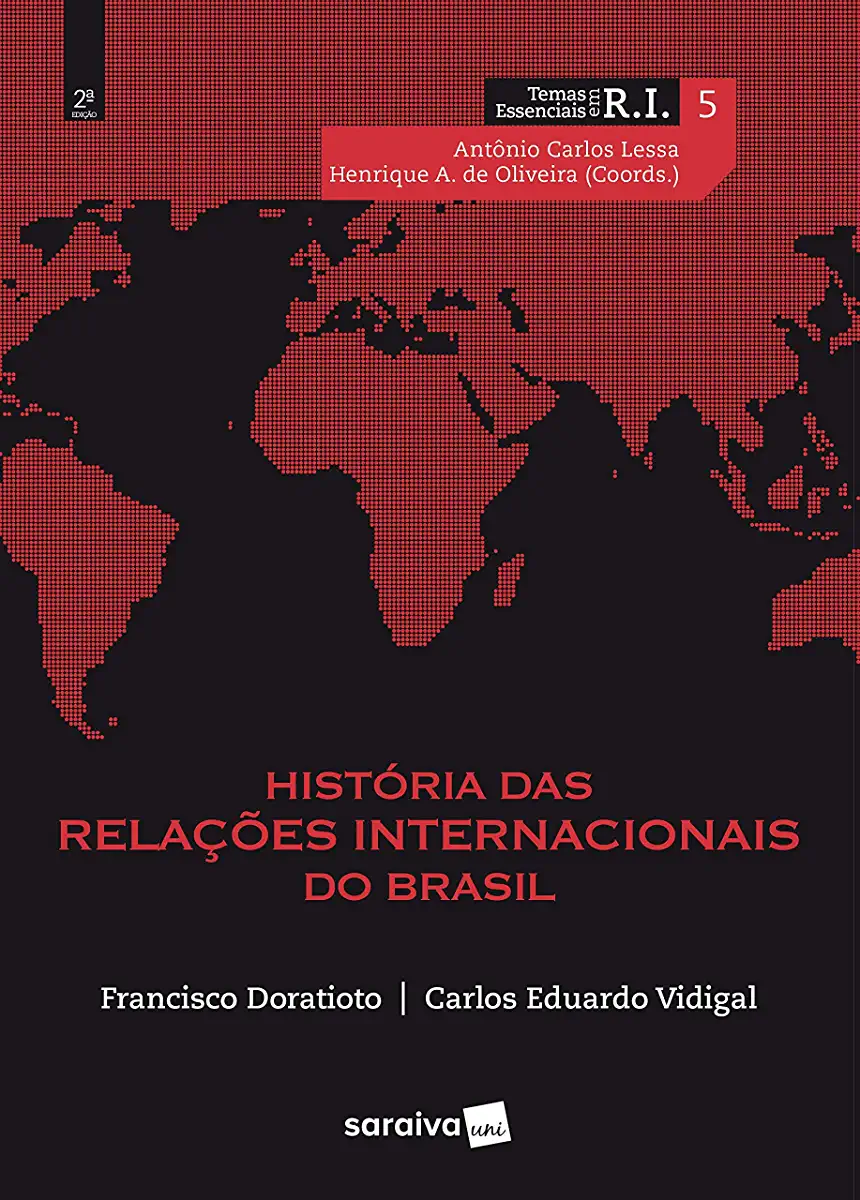
History of Brazil's International Relations - Amado Luiz Cervo
History of Brazil's International Relations: A Comprehensive Overview
Introduction: Brazil's Role in the Global Arena
Brazil, the largest country in South America and a key player in global affairs, has a rich and complex history of international relations. This comprehensive book, authored by renowned historian Amado Luiz Cervo, provides a detailed account of Brazil's diplomatic engagements, foreign policy decisions, and interactions with other nations throughout history.
Chapter 1: The Colonial Era and the Struggle for Independence
The book begins by exploring Brazil's early international relations during the colonial period, when the country was under Portuguese rule. Cervo delves into the complex dynamics between Brazil and Portugal, as well as the challenges and opportunities that arose from the country's colonial status. The chapter also sheds light on Brazil's struggle for independence and the key figures who shaped this pivotal moment in its history.
Chapter 2: Building a Nation and Establishing Diplomatic Ties
Following Brazil's independence in 1822, the book examines the country's efforts to establish diplomatic relations with other nations and assert its sovereignty on the international stage. Cervo analyzes Brazil's early foreign policy objectives, its interactions with neighboring countries, and the challenges it faced in gaining recognition and respect from the international community.
Chapter 3: The Empire and the Quest for Regional Influence
During the imperial period, Brazil sought to expand its influence and consolidate its position as a regional power. Cervo explores Brazil's involvement in regional conflicts, its diplomatic strategies, and its evolving relationship with other South American nations. The chapter also discusses Brazil's role in international organizations and its efforts to promote regional cooperation.
Chapter 4: The Republic and the Modern Era
With the establishment of the republic in 1889, Brazil entered a new era of international relations. Cervo examines Brazil's changing foreign policy priorities, its participation in global conflicts, and its growing engagement with international organizations. The chapter highlights Brazil's role in shaping global diplomacy, its contributions to peacekeeping efforts, and its pursuit of economic and political influence on the world stage.
Chapter 5: Brazil in the 21st Century: Challenges and Opportunities
The final chapter of the book focuses on Brazil's international relations in the 21st century. Cervo analyzes Brazil's rise as a global power, its expanding economic and political influence, and its role in addressing global challenges such as climate change, poverty, and inequality. The chapter also explores Brazil's complex relationship with the United States, China, and other major players in the international arena.
Conclusion: Brazil's Enduring Legacy in International Relations
In conclusion, Amado Luiz Cervo's "History of Brazil's International Relations" offers a comprehensive and engaging account of Brazil's diplomatic journey from the colonial era to the present day. Through meticulous research and insightful analysis, Cervo provides readers with a deeper understanding of Brazil's role in shaping global affairs and its enduring legacy in international relations. This book is a must-read for scholars, policymakers, and anyone interested in the history and future of Brazil's place in the world.
Enjoyed the summary? Discover all the details and take your reading to the next level — [click here to view the book on Amazon!]